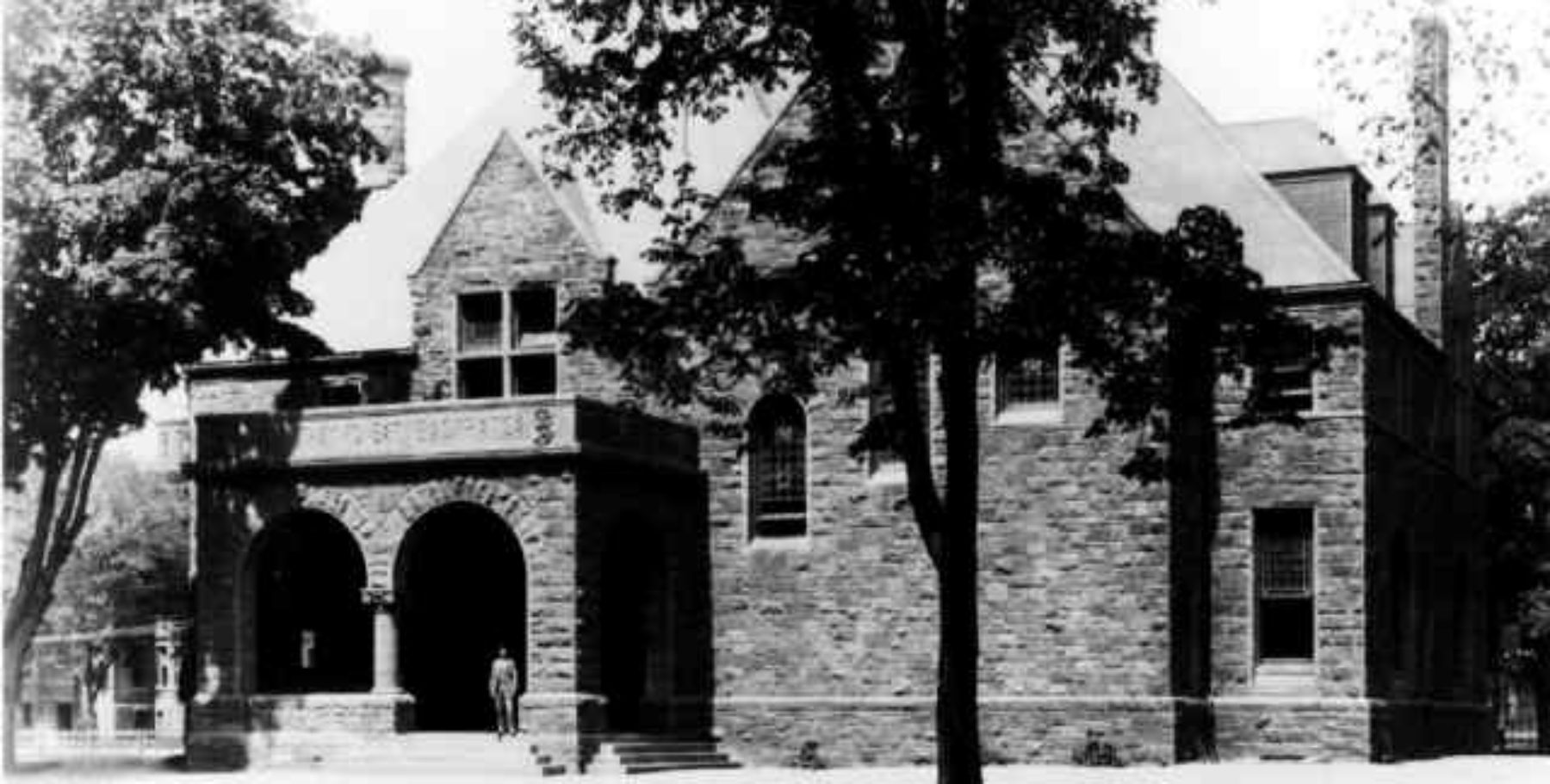Born Again: A New Birth of Liberty for America
Photo credit: FAO
This was published in the spring of 1977 in the Yale Standard.
In ten or fifteen years, Yale undergraduates can expect to find themselves making decisions that affect hundreds, perhaps thousands of lives in business, government, medicine, education and other fields.
For years Americans generally assumed that the well-educated people who occupied these positions would somehow make the right decisions—at least until the troubles of Vietnam and Watergate began.
Education, it seemed, carried with it an element of infallibility. That notion, however, was shattered as revelation after revelation showed young, college-educated men enmeshed in moral and political morasses. The nation reeled, an Administration fell.
In The Best and the Brightest, David Halberstam showed how a group of brilliant university intellectuals, with the best of motives, led our military into a series of blunders in Vietnam. Almost 50,000 Americans died. Many, many more came crippled home, wounded and drug-ridden. And much of Indochina was wasted by war, left an easy prey for the Communists.
What began with the glamor of Green Berets combatting the menace of Communism ended with scenes of fleeing refugees and unsolved legacies of American dead.
Likewise, in Blind Ambition, John Dean describes how the consuming desire to win an election blurred the moral sense of our high government officials as they scrambled to “cover up” the Watergate scandal. His own morals were sacrificed to political expediency until he was trapped with no escape but the truth.
During the Watergate hearings, the nation watched a parade of remorseful faces on their television screens. “I didn’t suspect anything was wrong,” pleaded Hugh Sloan, “I trusted my boss, Mr. Stans [former Secretary of Commerce].” “All I ever wanted was a good job!” testified another young man from a prominent Connecticut family, a lookout for burglars.
And since Watergate the nation has happened upon scandals in corporate bribery, fraudulent grain sales, Congressional immorality and Medicaid kickbacks. It has been made perfectly clear to Americans that a person who is an intellectual giant can also be a moral bankrupt.
The nation cannot bear moral bankruptcy on its campuses, because the morality of the university today will be the morality of the nation tomorrow.
Charles Colson attests to that. A successful young lawyer, he ignored moral scruples to follow his political instincts right into the Watergate scandal. In his book Born Again, he tells the story. After he fell into national disgrace, the press was astonished to find this political manipulator attending a prayer meeting. Could he ever be reformed, reporters asked. After years of blind, loyal service as a political hatchet man, this tough ex-Marine paid his prison debt, shed his old life and began anew in Christ.
President Brewster recently called for a raising of “the level of moral consciousness” at the University in order to better serve “God, Country, and Yale.”
He is right, and the critical issue remaining is how that moral change should come. In a democratic society moral behavior cannot be decreed. It must spring from some spontaneous impulse in the people. Ultimately, moral renewal must proceed from an individual’s awakening to spiritual reality.
In a democratic society moral behavior cannot be decreed. It must spring from some spontaneous impulse in the people. Ultimately, moral renewal must proceed from an individual’s awakening to spiritual reality.
For almost three centuries Yale men have obeyed the call of Jesus Christ. They have turned from decorous morality, or from indecorous immorality, to serve Him. A science instructor named Benjamin Silliman came to Yale with the ambition to be “respectable and respected in society.” Within a few years his prayer was, “Employ me in Thy service, use me in Thy own way.” He was later called “the father of American science.”
Several years later Elias Cornelius, a Yale senior known for his outspoken atheism and profanity, was converted and “became fully conscious of Christ’s power and presence.” He led several members of his class to Christ before graduation and later became a minister.
Others became foreign missionaries, first to Hawaii and later to Africa, Asia, and other parts of the world.
The call was not just to “turn over a new leaf” but to begin a new life. “You must be born again,” Jesus said to a Jewish ruler named Nicodemus. “Except a man be born again, he cannot see the kingdom of God.”
Jesus was speaking to an eminent teacher of moral values. But morality too easily fractures under pressure; Nicodemus needed something more. Jesus said, “Except a man be born of water and of the Spirit, he cannot enter into the kingdom of God.” Nicodemus, a teacher of religious laws and ethical precepts, heard a deeper calling.
In your time of intellectual and academic preparation at Yale, you may neglect to take an important step. President Timothy Dwight, the most prominent American educator of his time, once told his students, “Christ is the only, the true, the living way of access to God. Give up yourselves therefore to Him, with a cordial confidence, and the great work of life is done.”

